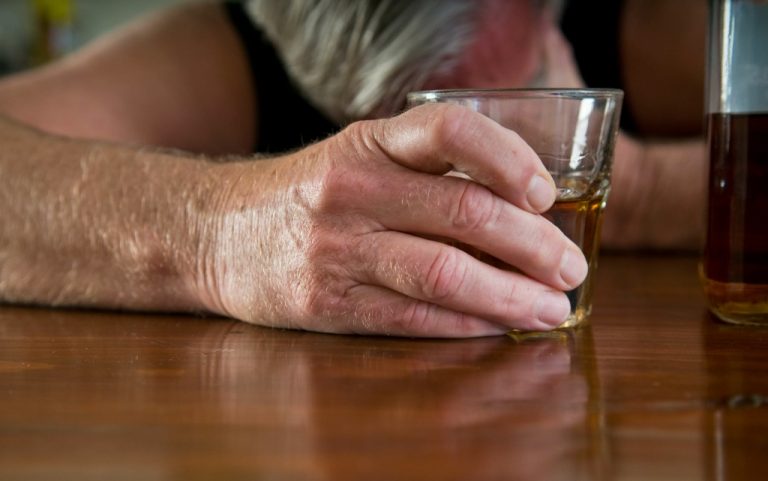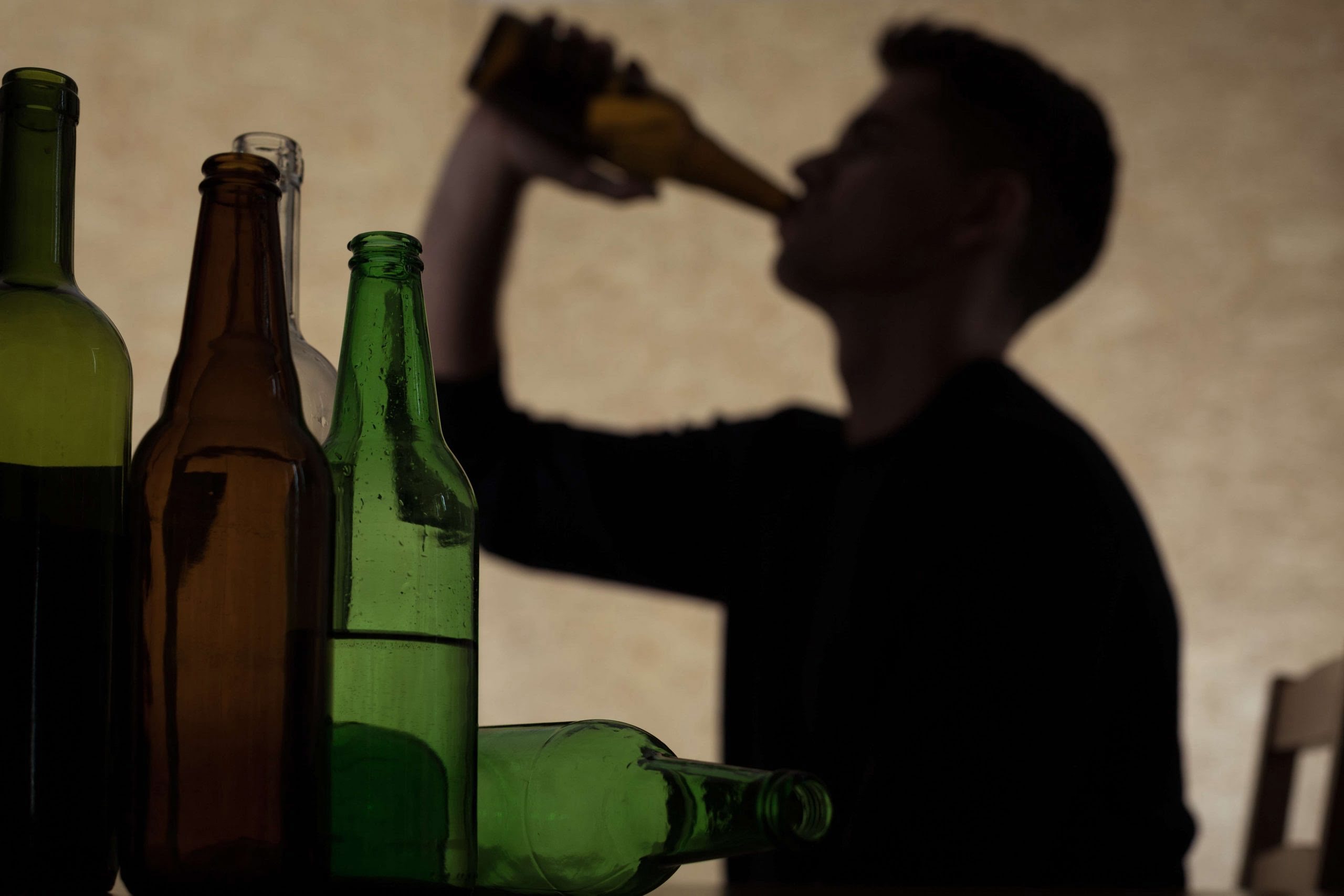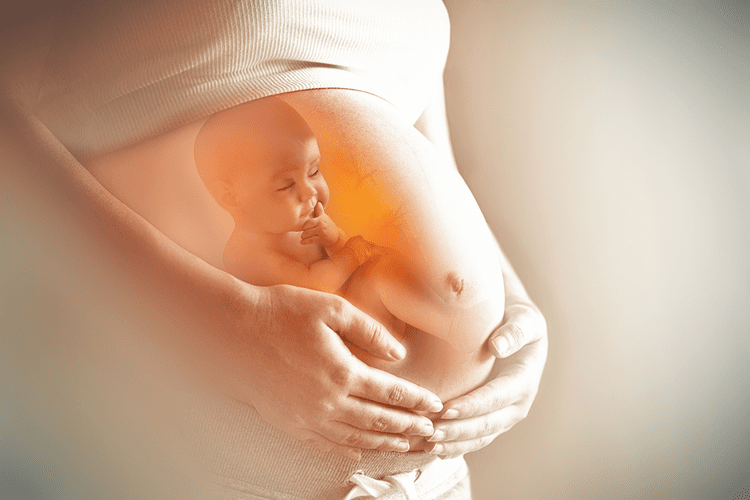Drug & Alcohol Addiction: Is Addiction a Disease or a Choice?
- 2022-12-08
- 18:47
The exact expression varies with the trajectory and changes during development (e.g., shoplifting at age 10, substance abuse at age 15) and is modulated by life events, the presence or absence of particular cues and contexts and substance use itself (Fig. 1). The disease model of addiction suggests that addiction is a chronic, relapsing brain disease. It is characterized by changes in the brain’s reward system, leading to compulsive drug-seeking behavior.
Why it Matters that Addiction is Not a Brain Disease
That does not in any way reflect a superordinate assumption that neuroscience will achieve global causality. On the contrary, since we realize that addiction involves interactions between biology, environment and society, ultimate (complete) prediction of behavior based on an understanding of neural processes alone is neither expected, nor a goal. Interpreting these and similar data is complicated by several methodological and conceptual issues. First, people may appear to remit spontaneously because they actually do, but also because of limited test–retest reliability of the diagnosis 31.

About Nature Portfolio
Recent neuroscientific developments fuel the view that addiction can https://madeintexas.net/flax-seed-in-folk-medicine.html be classified as a brain disease, whereas a different body of scholars disagrees by claiming that addictive behaviour is a choice. These two models, the Brain Disease Model and the Choice Model, seem to oppose each other directly. This article contends the belief that the two models in the addiction debate are polar opposites.
- According to this account, addiction is not a brain disease, because it is sometimes not a disease at all.
- Environmental and social factors can have a significant impact on the development and maintenance of addiction.
- Not in the literal, metaphysical sense meaning predetermined or necessitated, but definitely in an experiential sense of being subjected to a very strong compulsion that may feel impossible to resist 37.
- Blaming and punishing individuals with addiction is not effective and can be harmful.
- The opposing view, which considers drug addiction a disease, highlights how addiction can alter brain chemistry and function, suggesting that it’s not merely a matter of choice.
The Importance of Treatment and Support for Individuals with Addiction
Present-day criticism directed at the conceptualization of addiction as a brain disease is of a very different nature. It originates from within the scientific community itself, and asserts that this conceptualization is neither supported by data, nor helpful for people with substance use problems 4,5,6,7,8. Addressing these critiques requires a very different perspective, and is the objective of our paper. We readily acknowledge that in some cases, recent critiques of the notion of addiction as a brain disease as postulated http://www.socioclub.org/others/1243/1.htm originally have merit, and that those critiques require the postulates to be re-assessed and refined.

Box 1 What’s in a name? Differentiating hazardous use, substance use disorder, and addiction
Behavioral researchers like Dr. Lewis try to argue this by acknowledging that the brain does change during addiction, but they view it as a situation like playing with clay. The brain is altered by drugs, making poor choices more likely, but they believe that if the drugs are removed, the brain will eventually “remold” itself back to its normal shape. Addiction is a complicated subject filled with debate between researchers and scientists from a variety of backgrounds, and these debates have only grown as the years progress.
- Moreover, this subgroup may also experience their loss of control more severely, since they do not manage to age out of their use.
- A problem with that supposition is that it ignores why people follow those rules.
- Addiction is a pathology that involves neuropsychological dysfunction, and it may be appropriate to respond to it by treating this dysfunction (pharmacologically, for instance).
- Another irrefutable fact is that many drugs—both illicit and prescription—are quite addictive.
- Key among those are claims that spontaneous remission rates are high; that a specific brain pathology is lacking; and that people suffering from addiction, rather than behaving “compulsively”, in fact show a preserved ability to make informed and advantageous choices.
- While individuals may have a genetic predisposition to addiction, it does not mean that they are destined to become addicted.
A brain disease? Then show me the brain lesion!
Further, activation in the ventral pallidum, downstream of the mesolimbic dopamine system, is stronger in response to a second, redundant, predictor of reward than in response to the first. Since the second predictor adds no new information, we ought to expect a smaller response to the second predictor than to the first if the dopamine system was itself a reward prediction system. The fact that significant numbers of individuals exhibit a chronic relapsing course does not negate that even larger numbers of individuals with SUD according to current diagnostic criteria do not. For instance, in many countries, the highest prevalence of substance use problems is found among young adults, aged 18–25 36, and a majority of these ‘age out’ of excessive substance use 37. It is also well documented that many individuals with SUD achieve longstanding remission, in many cases without any formal treatment (see e.g., 27, 30, 38).

However large that population may be, research reliably confirms that only a relatively small percentage, 25% or less, of those meeting criteria for drug abuse or dependence ever seek and receive treatment. It is important to challenge misconceptions and stereotypes surrounding addiction in order to reduce stigma and improve access to treatment and support. Addiction is a complex condition http://nbt-stroy.ru/catalog/gruntovki-emali-laki/poliuretanovaya-emal-tinlayn-06/ that affects individuals from all walks of life. It is not a moral failing or a lack of willpower, but rather a chronic, relapsing brain disease that requires medical intervention and support.


While the debate on addiction may continue, it is important to find common ground and work towards effective solutions. This can include increasing access to treatment and support, reducing stigma, and addressing the root causes of addiction. The main insight that looking at the history and looking at the science behind addiction recovery has given me is a respect for the many different pathways there are for recovery.
